The AI summit in Paris is a coming together of world leaders and technology firms designed to shape a responsible and sustainable future for artificial intelligence.
But the big political day of the summit was overshadowed by a bust-up between rival billionaire tech-bros.
Timed perfectly to coincide with OpenAI chief executive Sam Altman's arrival in Paris, Elon Musk put in a formal $97.4 (£78.7bn) billion offer to buy OpenAI.
Read more: OpenAI co-founder tells Sky News his platform is 'not for sale'
It would be easy to write it off as a typically mischievous play by Mr Musk. But his move is calculated and potentially very problematic for Mr Altman.
OpenAI, which brought the world ChatGPT, is one of the global leaders in AI. Mr Altman has ambitious plans for growth. But in order to deliver on them, he wants to free OpenAI from the non-for-profit company that owns it.
Please use Chrome browser for a more accessible video player
That involves him essentially buying his own company from the non-profit board that formally owns it. It's rumoured the sum he was considering paying was around $40bn (£32.3bn).
So Musk's far higher offer puts the not-for-profit board in a tricky situation.
If they refuse Mr Musk's offer, can they accept a far lower one from Mr Altman and still be doing their job according to the rules of the company's non-profit status?
Or could Mr Musk have effectively forced Mr Altman to pay more than double for his own company?
Read more from Sky News:
Teacher admits stabbing girl to death
Nationwide power outage blamed on monkey
Dozens of unexploded WW2 bombs found in playpark
It's part of a long-running feud between the pair, who co-founded OpenAI as a non-profit entity for the benefit of humanity. And one that won't be of much interest to the political leaders convening in Paris.
But it does speak to a concern AI safety campaigners have long held when it comes to the technology.
How can we trust AI when it's controlled by a few, often capricious, billionaires?
What further worries campaigners is that AI safety and regulation have been given short-shrift at the summit.
In his address, US vice president JD Vance said the new "industrial revolution" that AI promises "will never come to pass if overregulation deters innovators from taking the risks necessary".
European leaders, who have long held a tougher stance on AI regulation, seem to be softening their stance too.
Concerned, perhaps, that if they don't follow America they won't be able to attract AI firms to their countries and have their own share of the power AI promises to bring.

 5 months ago
60
5 months ago
60






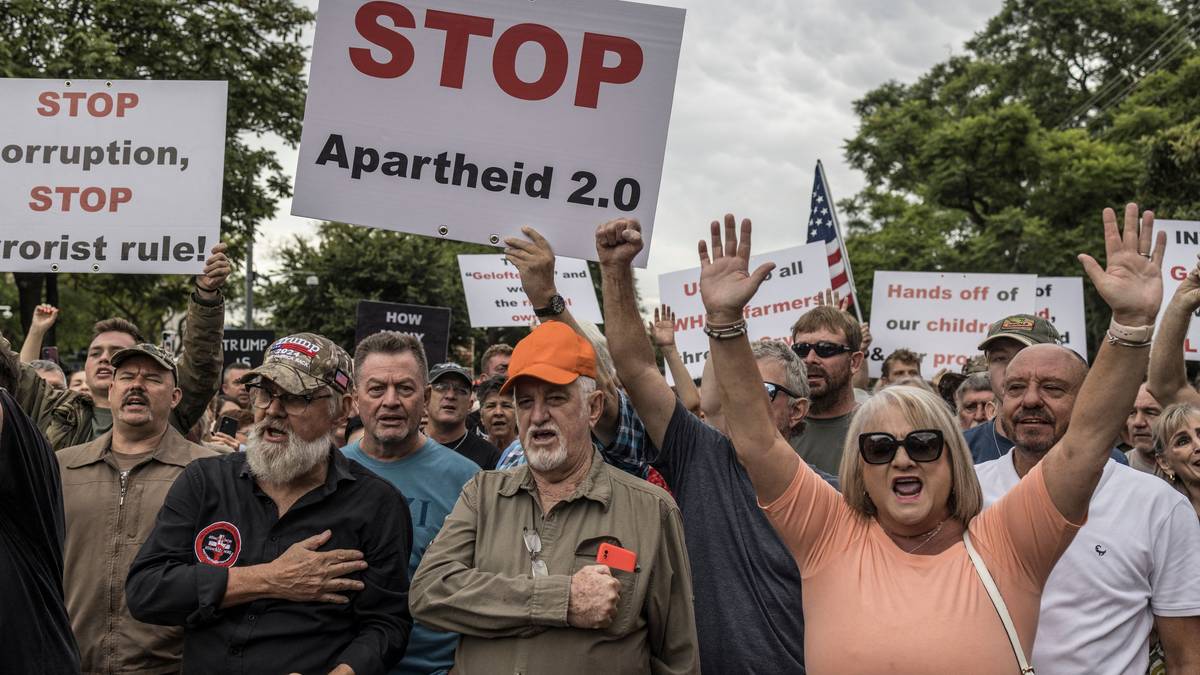


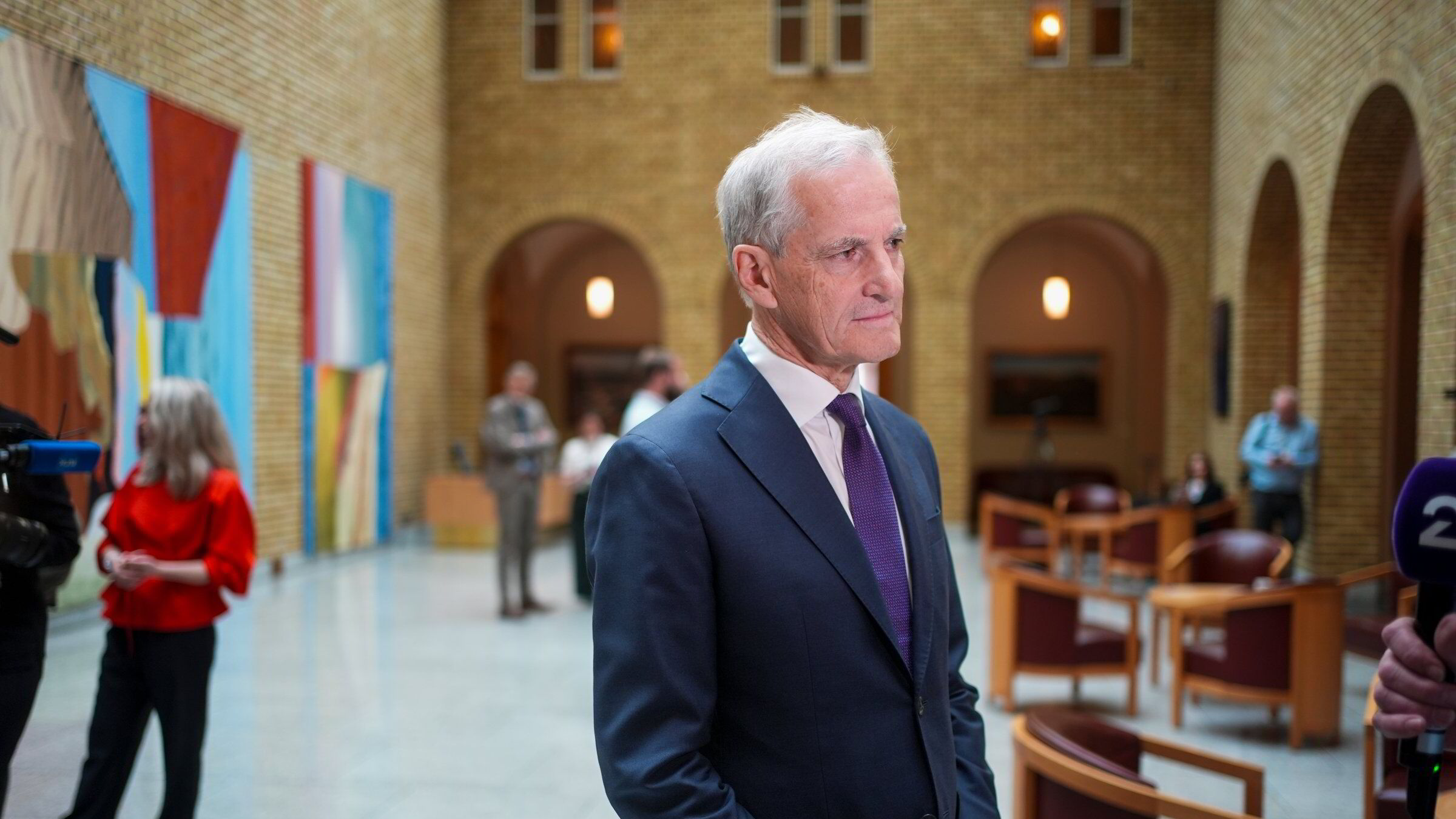



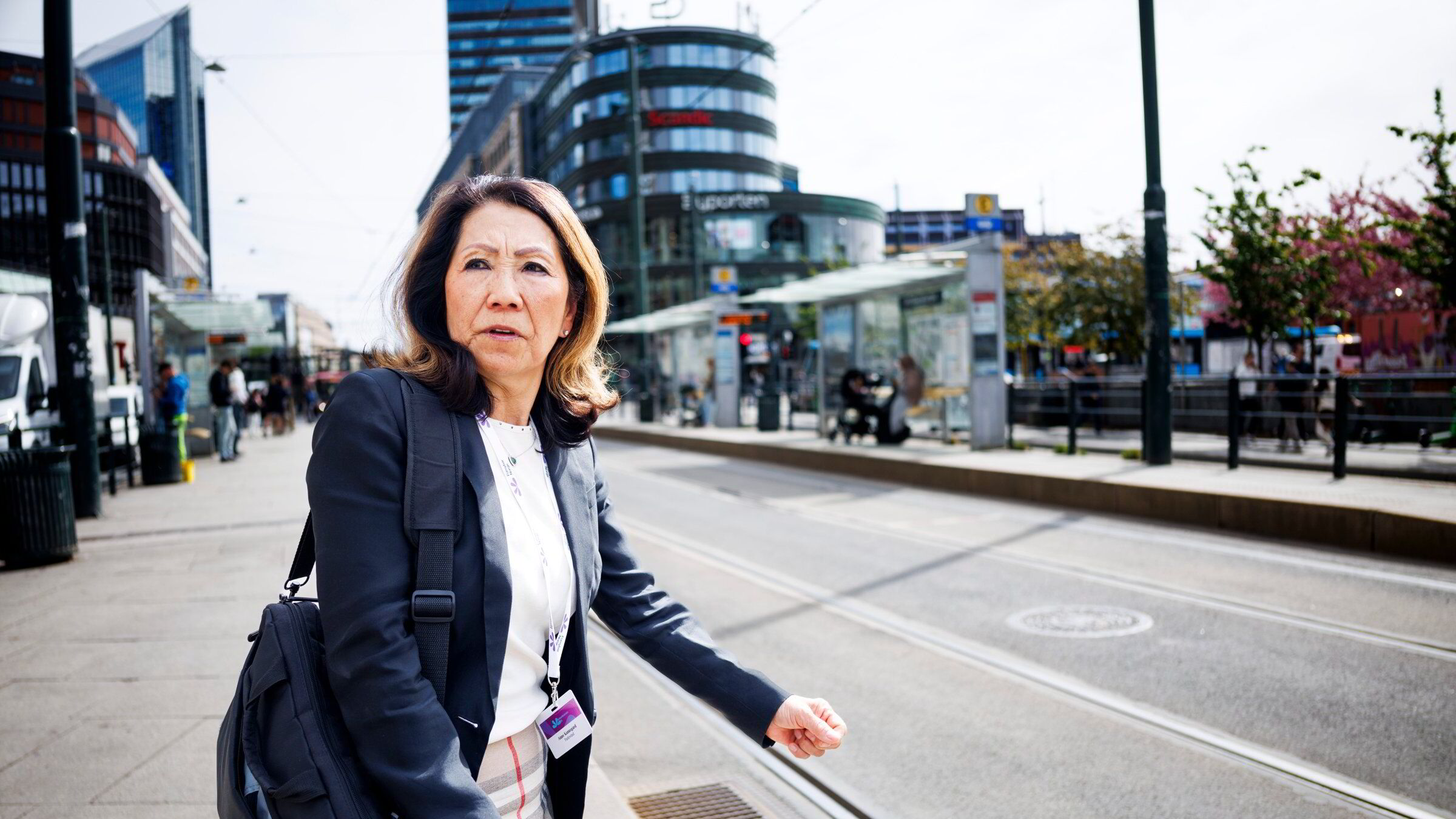

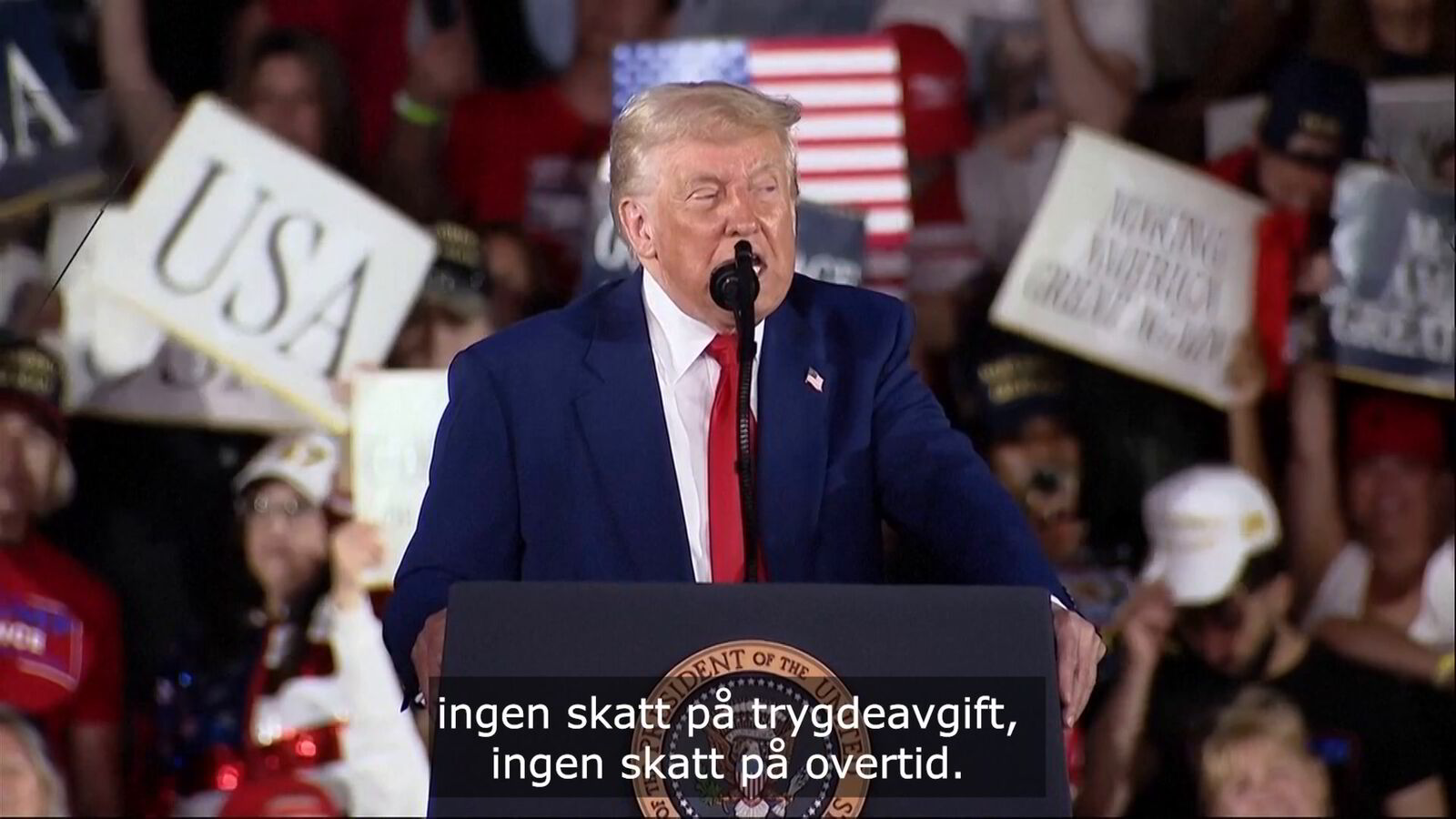




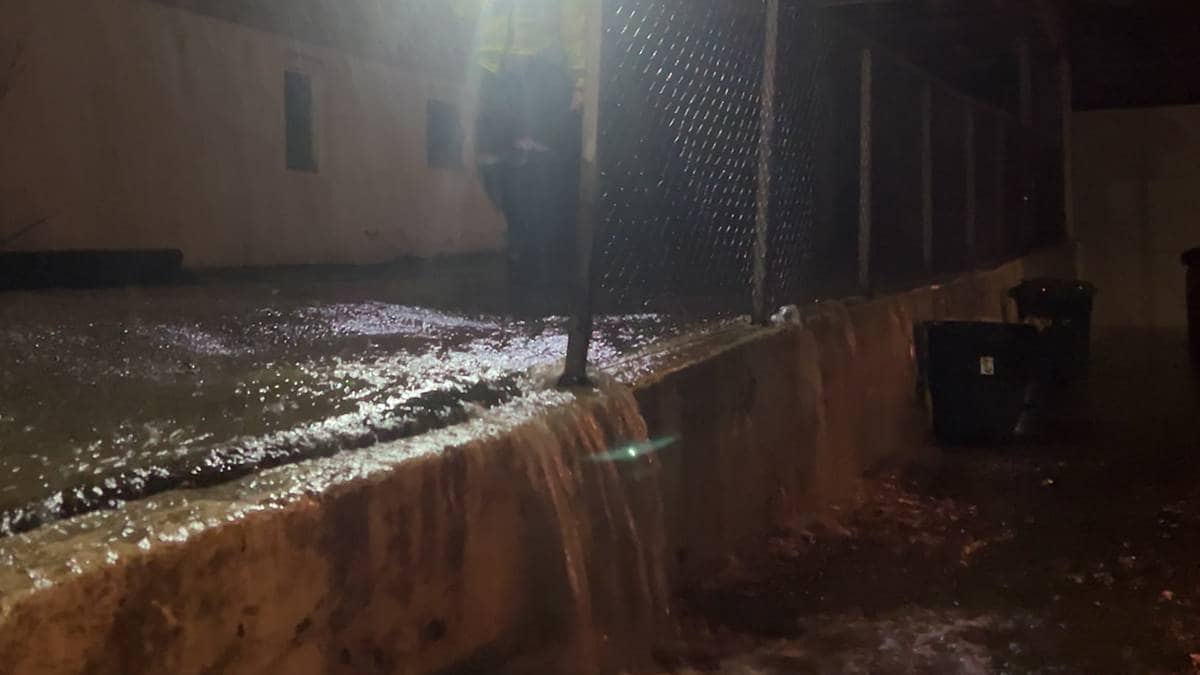


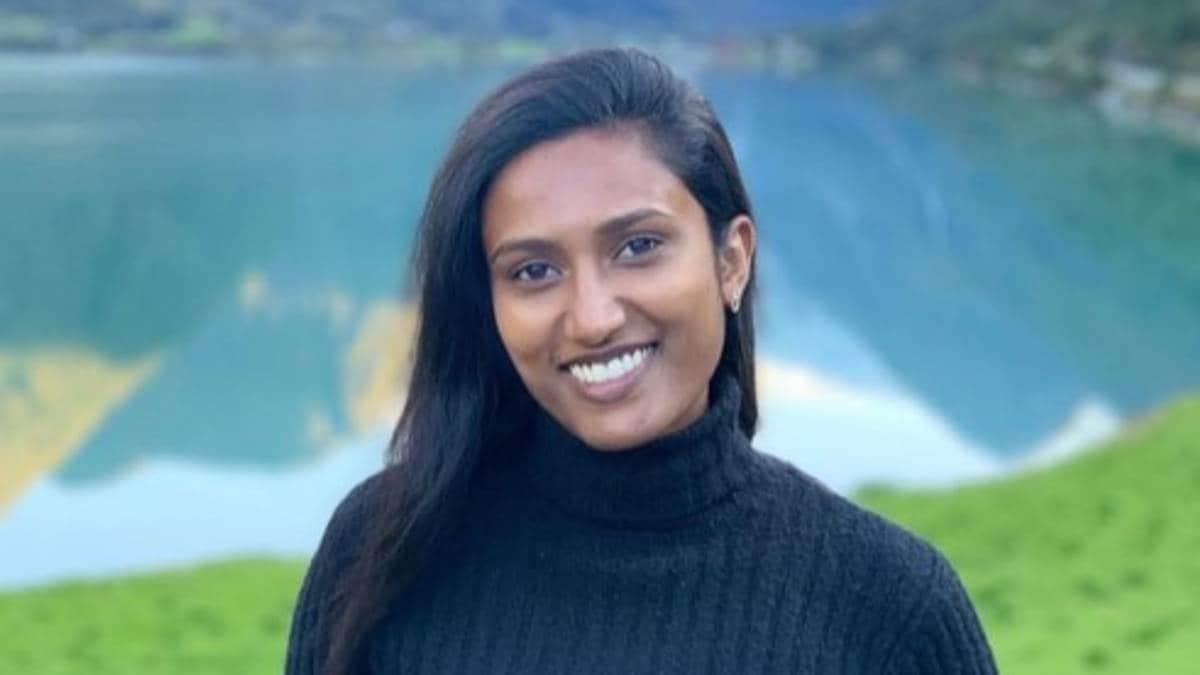


 English (US) ·
English (US) ·